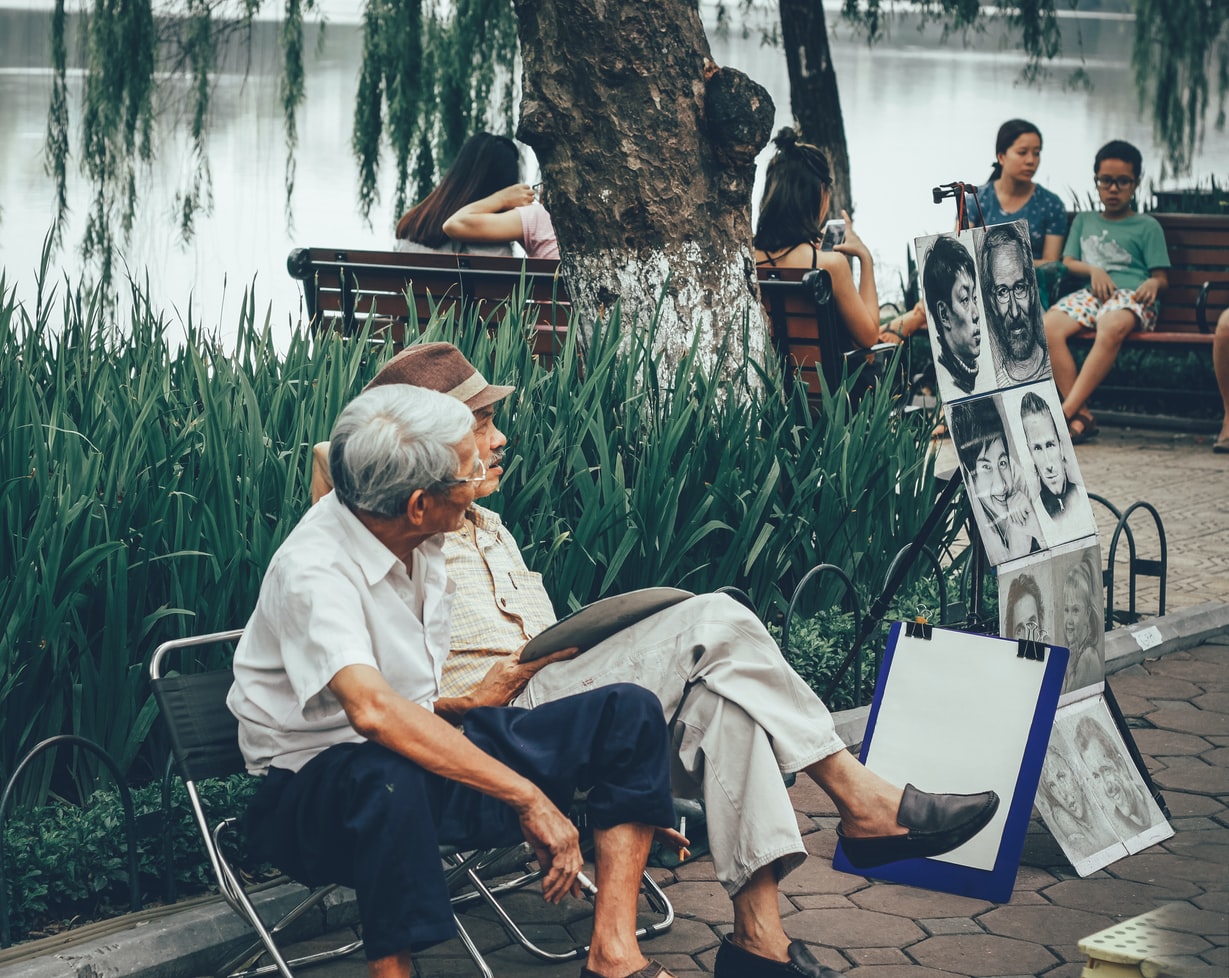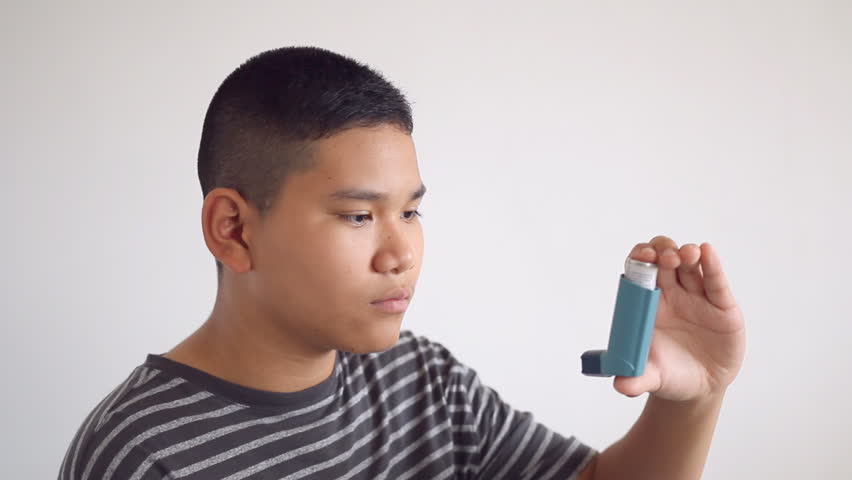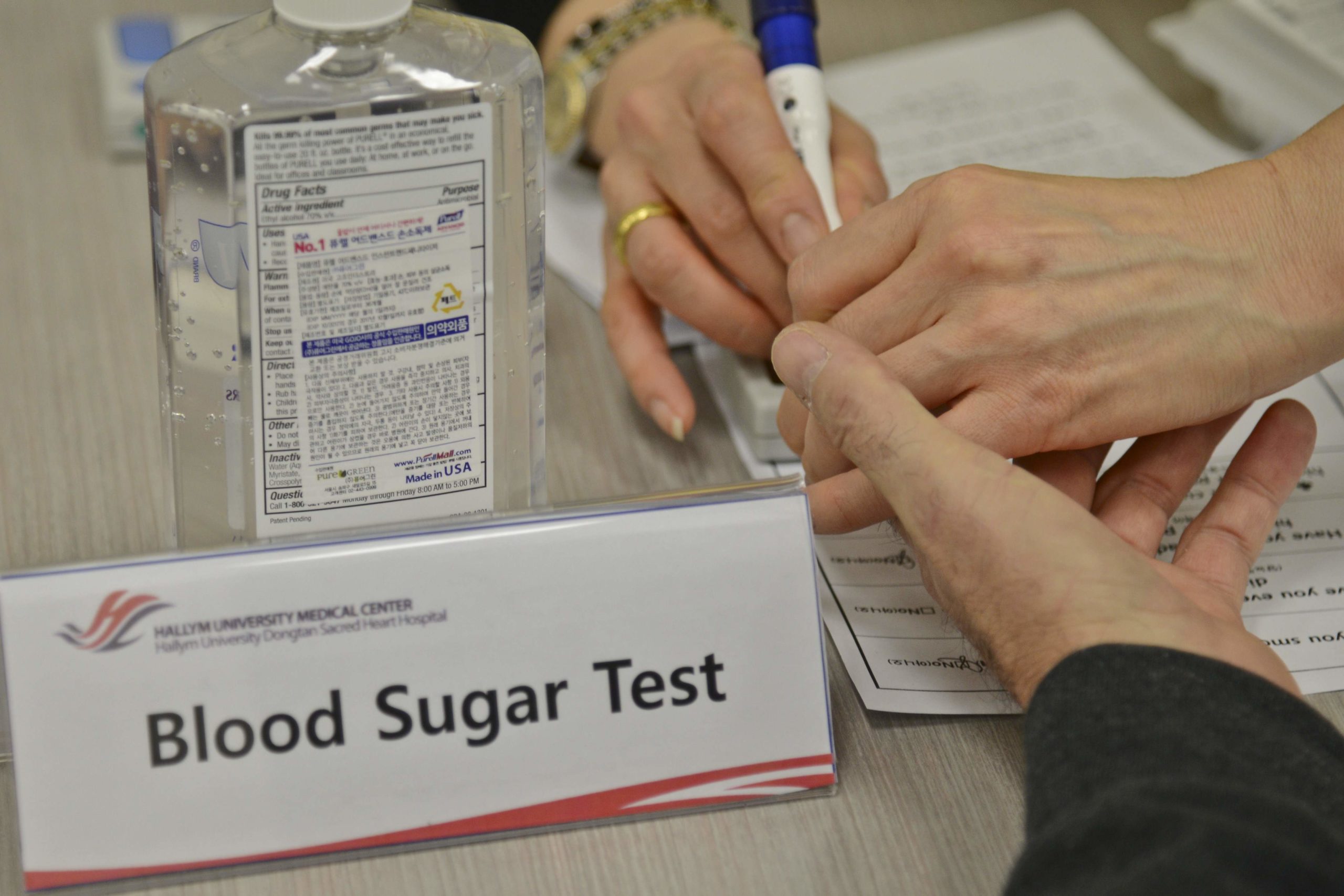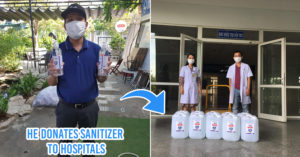People who can get COVID-19 more easily
The second wave of COVID-19 community infections that hit Vietnam on 25th July saw the country recording its first deaths related to the pandemic. So far, 34 fatalities associated with the virus have been reported. The vast majority of the deceased were people in COVID-19 risk groups – those with critical health problems that left them more vulnerable to the disease.
As the biggest cluster is a leading hospital in the central city of Đà Nẵng, many patients in COVID-19 risk groups with serious underlying conditions were infected, and many lives were lost despite doctors’ best efforts. To raise awareness about the danger of the pandemic, Vietnam’s Ministry of Health has published an article on its official website listing 9 groups of people who are more vulnerable to COVID-19.
1. People over 65 years old

Image credit: Tran Phu
It is common knowledge that the elderly are more prone to health problems, and COVID-19 is no exception. As the body ages, the immune system becomes weaker, which means it can no longer deal with infections as effectively.
What’s more, lung function decreases with age, and as a result, pneumonia caused by COVID-19 can easily lead to respiratory failure.
On top of that, most elderly patients also suffer from other underlying health conditions. Serious infections of the respiratory tract can lead to complications in their pre-existing heart, liver, or kidney diseases. So let’s take care of our elderly loved ones by gently reminding them to stay home more often, and help them out with daily tasks whenever we can.
2. People with compromised immune systems

Cancer patients undergoing chemotherapy or radiation therapy have weakened immune systems and are therefore more vulnerable to COVID-19
Image credit: Bệnh Viện K
Of course, age isn’t the only sole cause of immunodeficiency. People who have undergone organ transplants, chemotherapy, or radiation therapy to treat cancer, or those with the human immunodeficiency virus (HIV) can all suffer from this health issue. These patients form one of several COVID-19 risk groups too.
And when a person’s immune system is not powerful enough to protect their body from external threats, they are not only more likely to contract diseases but also need a longer time to recover. Healthy regular diets with foods that boost the immune system are important for them.
3. People with chronic lung diseases

Image credit: Cathay-YSS.com
People with chronic lung diseases are classified as having increased risks of contracting COVID-19. Examples of dangerous lung diseases listed by the Ministry of Health include asthma, bronchiectasis (where parts of the airways of the lung are permanently enlarged, leading to blood coughing and chest tightness), and pulmonary fibrosis (where lung tissues are damaged and scarred), among others.
Threats posed by COVID-19 can vary depending on the patient’s pre-existing conditions. Chronic obstructive pulmonary disease (COPD), pulmonary fibrosis, or other diseases that cause lung tissue scarring can make breathing harder – which can then be worsened by COVID-19.
Meanwhile, for people with asthma, infections caused by the novel coronavirus can lead to a life-threatening attack. Bronchiectasis, on the other hand, causes excess mucus to build up, which can lead to airway obstructions that don’t go well with the coronavirus either.
These conditions should be closely monitored on a regular basis, whether or not there’s a pandemic.
4. People with heart diseases

Image credit: Pexels/Pixabay
Functions of the heart and lungs are closely linked to one another. If someone’s oxygen intake is limited by respiratory infections linked to COVID-19, the heart is forced to work extra hard to provide sufficient oxygen to their vital organs.
For people with pre-existing heart diseases, increased demand on the heart leads to higher blood pressure and greater chances of a heart attack.
5. People with liver diseases

Image credit: Bệnh Viện K
Increased liver enzyme levels have been witnessed in some COVID-19 patients, which indicates that their livers have taken at least temporary damage. A report from the European Association for the Study of the Liver (EASL) also claims that 14%-53% of COVID-19 patients suffer from liver dysfunction.
According to Vietnam’s Ministry of Health, if a patient with liver disease contracts COVID-19, they face a greater chance of having complications. What’s more, some antibiotics and steroids used in the treatment of COVID-19 have also been known to have detrimental effects on the liver.
It’s important that liver patients get medical checkups regularly, and disclose what medication and supplements they are taking to their doctors.
6. People with chronic kidney diseases

Image credit: Military Central Hospital
The vast majority of COVID-19-related deaths recorded in Vietnam so far have been people who suffered from chronic kidney diseases. When a patient’s kidney is damaged and cannot perform its intended function, they must rely on dialysis to remove waste, salt, and extra water, preventing them from building up inside their body. People on dialysis can have weakened immune systems, making them more vulnerable to infections.
If a patient undergoes a kidney transplant, they are also required to take medicine which suppresses the immune system to prevent it from rejecting the transplanted organ. This, in turn, makes it harder for their bodies to fight external threats such as COVID-19.
7. People with diabetes
 High blood sugar causes acidic substances to build up, leading to numerous health problems and leaving the body vulnerable to COVID-19
High blood sugar causes acidic substances to build up, leading to numerous health problems and leaving the body vulnerable to COVID-19
Image credit: Greg Chadwick
Diabetes, if left unchecked, can leave a patient more vulnerable to COVID-19. Patients with diabetes are characterized by their high blood sugar levels. Over prolonged periods of time, this causes acidic substances called ketones to build up inside the patient’s body to a dangerous level – a condition known as acidosis.
By itself, acidosis is already a life-threatening medical emergency that can lead to fatigue, abdominal pain, nausea, and even a coma or death. The condition is also known to suppress the immune system, making the body more prone to infections.
8. People with obesity

Image credit: jarmoluk
Obesity is widely known as a major contributor to a plethora of health problems such as high blood pressure and heart, liver, or kidney diseases. As we mentioned above, all of these conditions can make COVID-19 worse.
The coronavirus penetrates human cells by attaching itself to an enzyme called ACE2, which body fat contains a high level of. As a result, many researchers believe that being obese and having too much excess fat gives the virus more chances to access the cells in one’s body.
Being overweight also has detrimental impacts on the body’s respiratory functions and immunity – which are essential in combating COVID-19.
Moreover, the lung capacity of obese individuals is lower compared to their body size, so if they contract a serious respiratory infection such as COVID-19, their lungs would have to work harder to provide enough oxygen to their organs compared to a person of regular size and weight.
9. People with neurological disorders are also more vulnerable to COVID-19

Parkinson’s disease and some other neurological disorders can also make COVID-19 symptoms worse
Image credit: Vinmec
Surprisingly enough, the article from the Ministry of Health says that certain neurological disorders such as Parkinson’s disease, multiple sclerosis (where the flow of information between the brain and body is disrupted), and motor neuron diseases (diseases that affect the voluntary movements of the body) can worsen COVID-19 symptoms. This is because these conditions can weaken respiratory muscles and disturb a person’s coughing and swallowing reflexes.
At the same time, many drugs used in the treatment of these neurological disorders also suppress the immune system.
COVID-19 risk groups who can get the disease more easily
The death rates of COVID-19 in Vietnam might not be too high on paper, but make no mistake, they are something that people with pre-existing health problems and their families and caretakers should know about.
With the COVID-19 situation in Vietnam still seeing complicated developments, anyone – not just those in COVID-19 risk groups – can be at risk of contracting the virus. By carrying out preventive measures such as avoiding crowds, wearing masks, and practicing good hygiene, you can not only protect yourself, but also help minimize the chance of infecting others whose health conditions put them at a more vulnerable state.
For more stories, check out:
- How COVID-19 is affecting Vietnamese from all walks of life
- 10 things visitors in Vietnam need to know during COVID-19
- 8 online grocery shopping services in Saigon to use during COVID-19
- Vietnamese lives before and after COVID-19
- 9 things you can do during a city lockdown
Cover image adapted from Tran Phu, Pexels/Pixabay, jarmoluk, and Cathay-YSS.com
Enjoying The Smart Local Vietnam? Follow us on Facebook and LinkedIn for more stories like this.

Drop us your email so you won't miss the latest news.






